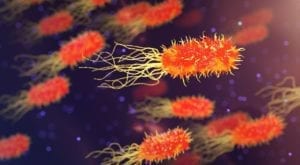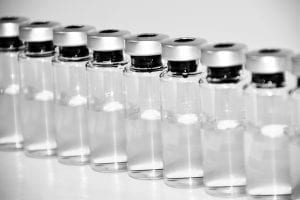Cholera
What is cholera?
Cholera is an infection caused by the bacteria Vibrio cholerae. It is characterized by diarrhea and vomiting. About 2.9 million cases are reported annually throughout the world.
It is important to seek treatment for this condition, as the rapid loss of fluids can result in shock and dehydration.
What are the symptoms of cholera?
Cholera is not always life-threatening. In fact, only 10% of cases are severe. These cases see symptoms like diarrhea, vomiting, and leg cramps. Without treatment, these symptoms can lead to death within a few hours.
Symptoms typically appear two to three days after contact with the bacteria. It is possible that they may begin only a few hours following contact or up to five days after.
What causes cholera?
This illness is caused by the bacteria Vibrio cholerae, which is typically spread through dirty drinking water, contaminated food, or the feces of an infected person. Because of this, those who live in places with unsafe food or water and poor sewer systems are at the highest risk.
How is cholera diagnosed?
Upon noticing the symptoms of cholera, one should seek immediate medical assistance. Doctors will conduct a rectal swab or take a stool sample to check for the bacteria in order to find a diagnosis.
What are the treatments for cholera?
Treatment for cholera consists of replacing the fluids lost through diarrhea and vomiting. Oral rehydration solution or IV fluid replacement are adequate. Antibiotics may also be used to shorten the length of the illness.
There are also ways to avoid cholera. If you are in an area where cholera is present, only drink bottled, boiled, or treated water. Wash your hands or use hand sanitizer often, use safe water to wash your body and dishes, dispose of bodily waste in a safe and clean matter, and only eat prepackaged or cooked food.
Where can I find out more about cholera?
Cholera Articles


Toddler’s Death in Mayotte Signifies Need to Curb Months-Long Cholera Epidemic










